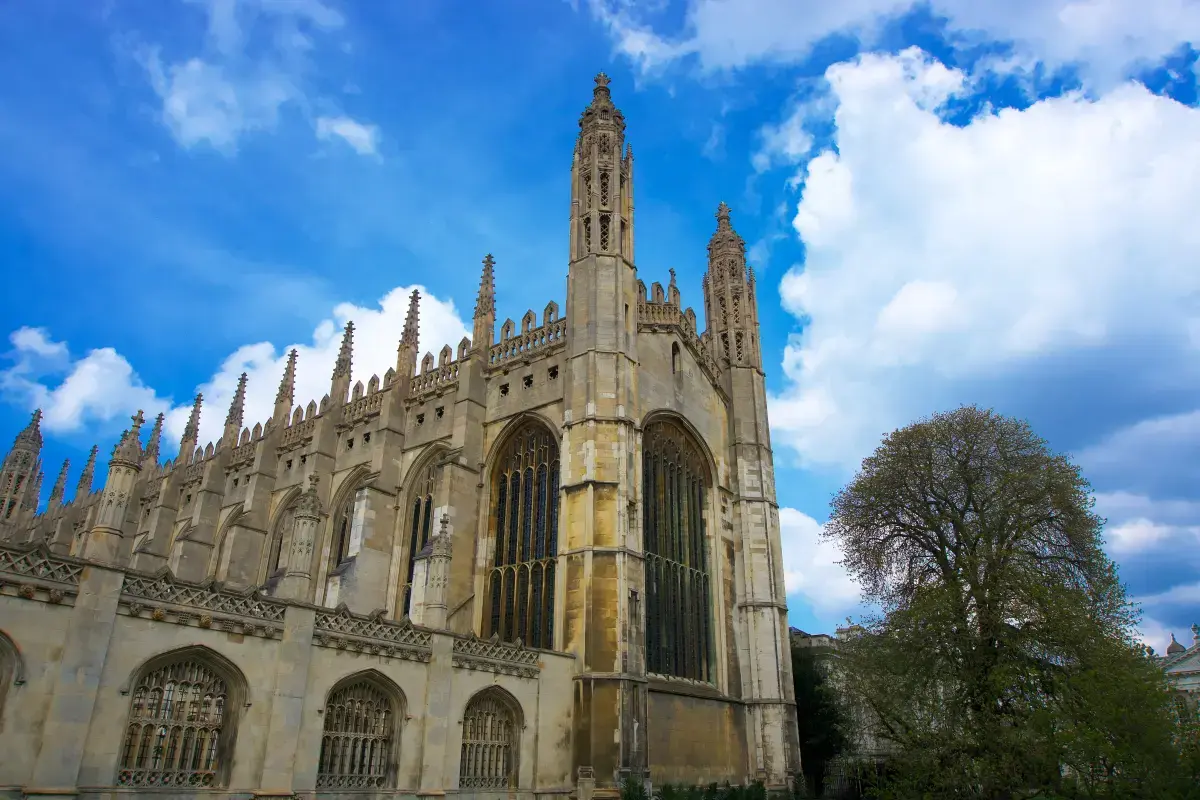- Anesthesiologist
- Obstetrician and Gynecologist
- Psychiatrists
- Surgeons
- General Internal Medicine
- Physicians
- Ophthalmologists
- Orthodontist
- Product Manager
- Artificial Intelligence & Machine Learning (AI/ML) Engineer
- Full-Stack Developer
- Cloud Architect
- DevOps Engineer
- Blockchain Engineer
- Software Architect
- Big Data Engineer
- Internet of Things (IoT) Solutions Architect
- Data Scientist
- Cyber Security Architect

Moving to United Kingdom in 2026
Step by step guide on migrating and relocating to United Kingdom in 2026?
Use our Guide to find all the moving information you may need if you are thinking of moving or working in United Kingdom.
People relocate and move to the UK for a variety of reasons. The most common include seeking better economic opportunities, pursuing educational opportunities, and escaping conflict or persecution. Economic opportunities are a major factor in why people relocate to the UK. The UK has a strong economy and a well-developed infrastructure, making it an attractive destination for those seeking work. The UK also has a strong social safety net, providing access to healthcare, education, and other social services. This makes it a desirable place to live and work, especially for those with limited resources. Educational opportunities are another major reason why people move to the UK. The UK has a world-class education system, with many universities and colleges that offer a wide range of courses. This makes it a great place for students to pursue their studies, as well as for professionals to gain additional qualifications. Finally, the UK is a safe haven for those fleeing conflict or persecution. The UK has a long history of providing refuge for those in need, and continues to be a welcoming destination for those seeking safety and security. The UK also has a strong human rights record, and is committed to protecting the rights of all its citizens. Overall, the UK is an attractive destination for those seeking better economic opportunities, educational opportunities, and safety from conflict or persecution. It is a welcoming place with a strong economy and a well-developed infrastructure, making it an ideal destination for those looking to relocate.

Gigs
Cost of Moving to United Kingdom
1. Visas – Depending on the country you’re moving from, you may need to apply for a visa to work and/or live in the UK. Visas can range from £65 to £3,250 depending on the type of visa you need. 2. Travel – Depending on how far you’re travelling, the cost of travel to the UK can be expensive. You may need to factor in the cost of flights, train tickets and car hire. 3. Accommodation – Finding accommodation in the UK can be expensive, particularly in London. You may need to factor in the cost of rent, deposits, bills and any other associated costs. 4. Insurance – If you’re working, you’ll need to take out health insurance and possibly life insurance. You’ll also need to take out car insurance if you’re bringing a car with you. 5. Moving costs – If you’re moving to the UK with a lot of possessions, you may need to factor in the cost of packing, shipping and storage. 6. Taxes – You’ll need to factor in the cost of income tax, which can vary depending on your income. You may also need to factor in the cost of council tax. 7. Banking – You may need to factor in the cost of setting up a bank account and any other associated fees. 8. Legal fees – You may need to factor in the cost of any legal fees associated with setting up a business or buying property.
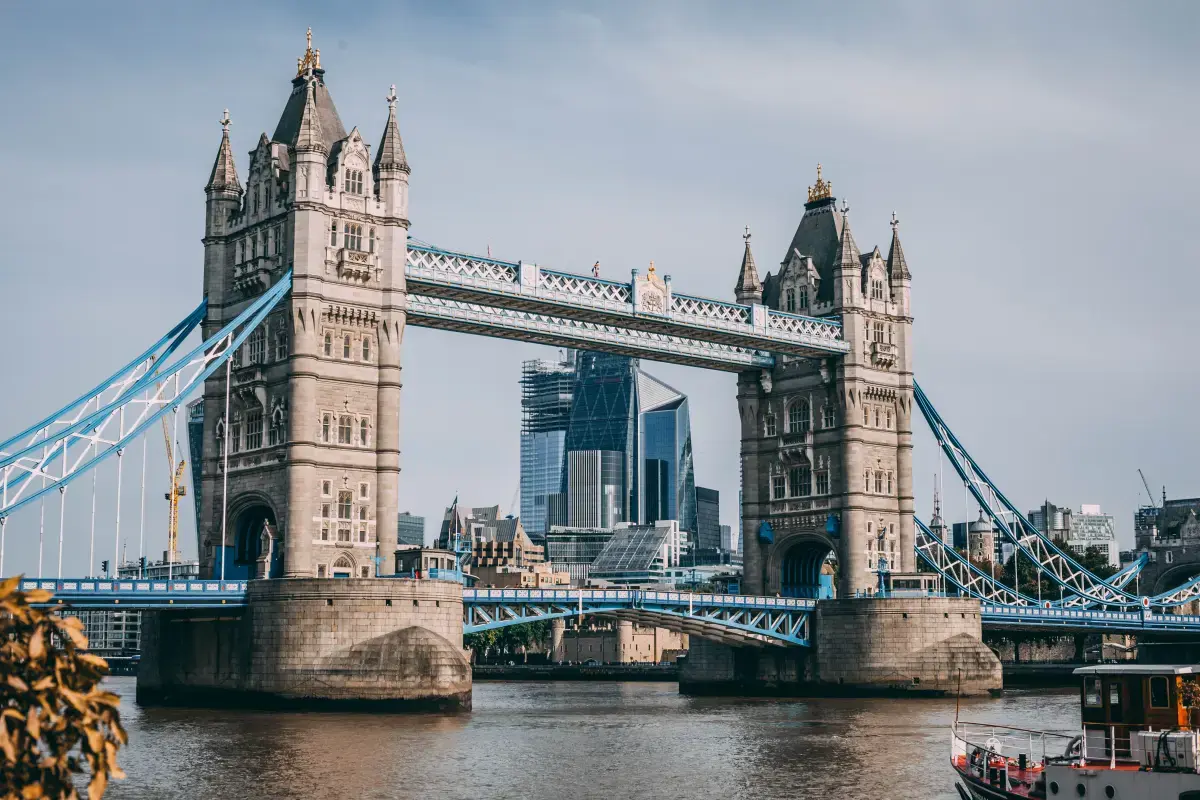
Jobs
Best Jobs in United Kingdom
The most popular jobs for migrants moving to the UK are often in professional services, such as IT, finance, and accounting. This is due to the fact that these roles tend to offer higher salaries than many other sectors in the UK. IT professionals in the UK can expect salaries of between £30,000 and £60,000 per year, depending on experience and qualifications. IT roles are popular for migrants due to the high demand for skilled IT professionals in the UK, as well as the potential for career growth and job security. Finance roles tend to offer salaries between £30,000 and £80,000 per year, depending on the specific job and qualifications. Migrants often move to the UK to take up finance roles due to the high salary potential and the range of opportunities available. Accountants in the UK typically earn salaries between £25,000 and £50,000 per year, depending on their level of experience and qualifications. Accountants are popular among migrants due to the high demand for qualified professionals, as well as the potential for career growth and job security. Finally, there are also a number of other professional services roles that are popular among migrants, such as marketing, sales, and engineering. These roles tend to offer salaries between £20,000 and £50,000, depending on the specific job and qualifications. Migrants often move to the UK for these roles due to the potential for career advancement and job security.
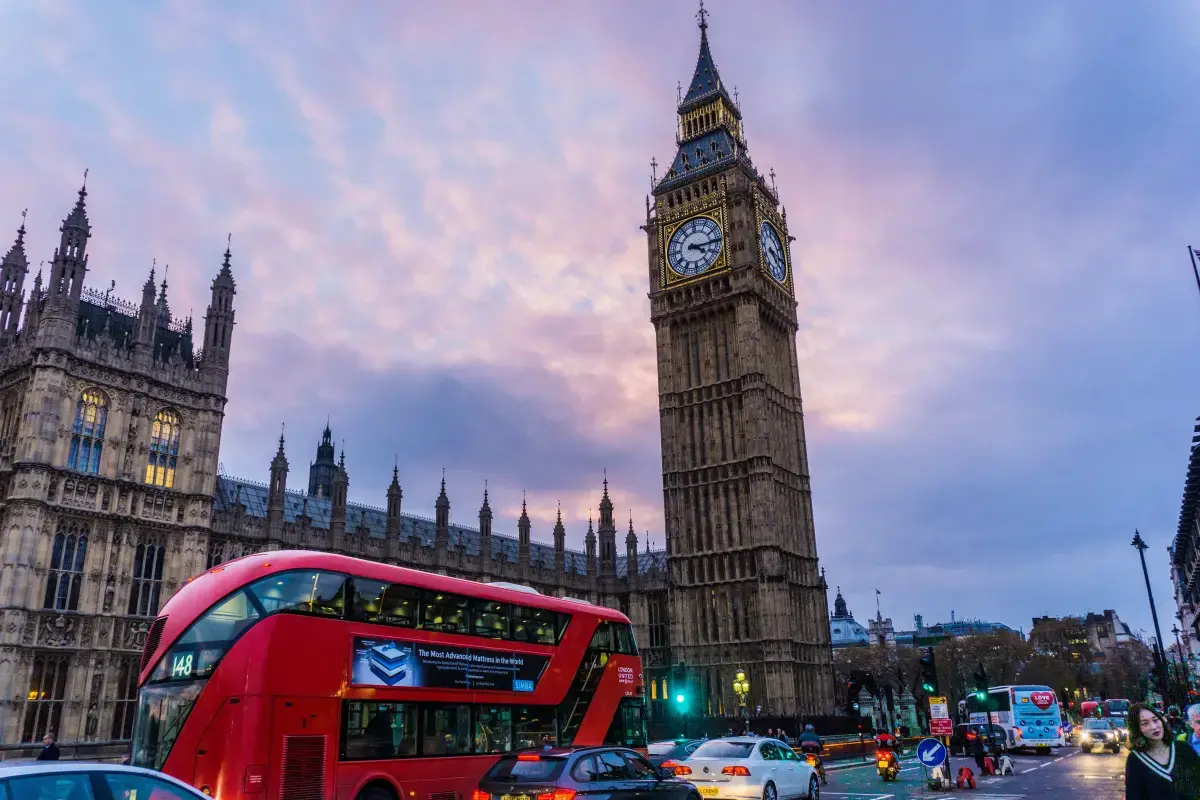
Volunteers
Weather in United Kingdom
The United Kingdom experiences a temperate maritime climate, with the temperature moderated by the North Atlantic Current and the Eurasian landmass. There are four distinct seasons in the UK, with winter being the coldest and summer the warmest. Winter (December - February): In the UK, winter is generally colder, with average temperatures ranging from 10 to 6°C (50 to 43°F). While temperatures can get to freezing, snow is not common and usually melts quickly. January and February tend to experience the most amount of rainfall, while December often has the least. Spring (March - May): The UK starts to get a warmer temperature in spring, with average daily temperatures of 12 to 9°C (53 to 48°F). April is the sunniest month of the year, while April and May are the wettest months as storms move in from the Atlantic Ocean. Summer (June - August): Summer is the warmest season, with average temperatures ranging from 14 to 17°C (57 to 63°F). June is the sunniest month of the year, but July and August tend to be bordered by short-lived but heavy rains. Autumn (September - November): Autumn brings a slight drop in temperatures, with average daily temperatures of 11 to 8°C (52 to 46°F). Rainfall increases in autumn, with October and November being the wettest months of the year. November can also be quite cold and dull, so cosy jumpers are recommended.

Promote
Tax & Welfare System in United Kingdom
The UK tax system is made up of taxes collected by HM Revenue & Customs (HMRC) from individuals and businesses. These taxes are then divided between the different levels of government – Westminster, Wales, Scotland and Northern Ireland – to fund public services. Income tax is a tax on incomes earned from either employment or self-employment. It is the largest source of taxation revenue in the UK, making up nearly half of the tax collected by the Government. The amount of tax you pay depends on how much money you earn and the tax band you are in. Other taxes that are collected are capital gains tax, which is a tax on profits from the sale of investments such as shares and property, corporation tax, which is a tax on company profits, Value Added Tax (VAT), which is a tax on goods and services, inheritance tax, and stamp duty which is a tax on certain transactions such as the purchase of property. The UK also has a social welfare system that is designed to provide financial assistance to those who are on a low income, unemployed or unable to work. This system is funded by taxes, and the benefits are administered by both central and local government. The most common benefits are Jobseekers Allowance, which provides money for people who are unemployed and looking for a job, and Housing Benefit, which provides financial assistance towards rental payments. There are also income-related benefits, such as Child Benefit and Working Tax Credit, which help people on a low income. Other benefits include Carer’s Allowance, Disability Living Allowance, Employment and Support Allowance, Pension Credit and Universal Credit. The UK also has a National Insurance system, which is a system of taxes and contributions paid by individuals and businesses to cover the costs of certain state benefits. People pay National Insurance on their taxable income, and the amount they pay depends on their income level and whether they are employed, self-employed or in full time education.
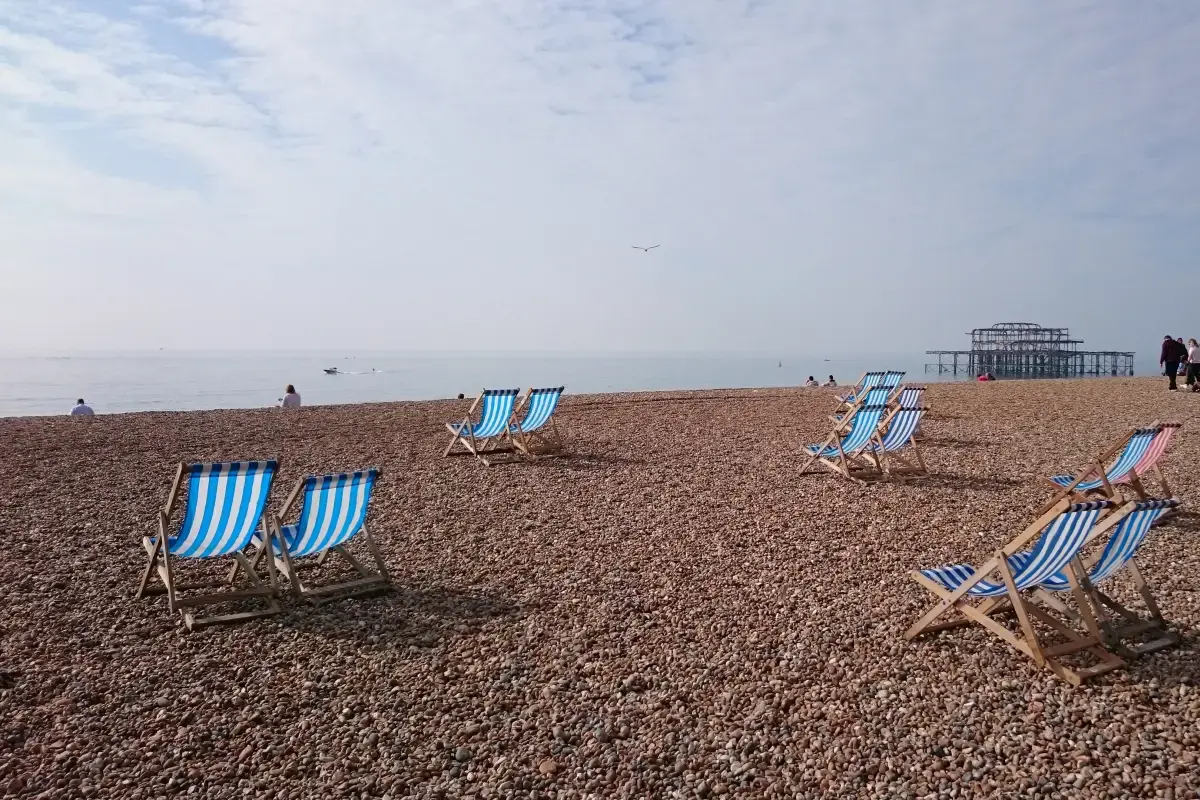
Holidays in United Kingdom
The UK has a number of bank holidays throughout the year when most businesses, banks and government offices are closed. 1. New Years Day: January 1st 2. Good Friday: March/April 3. Easter Monday: March/April 4. Early May Bank Holiday: First Monday in May 5. Spring Bank Holiday: Last Monday in May 6. Summer Bank Holiday: Last Monday in August 7. St Andrews Day: November 30th 8. Christmas Day: December 25th 9. Boxing Day: December 26th
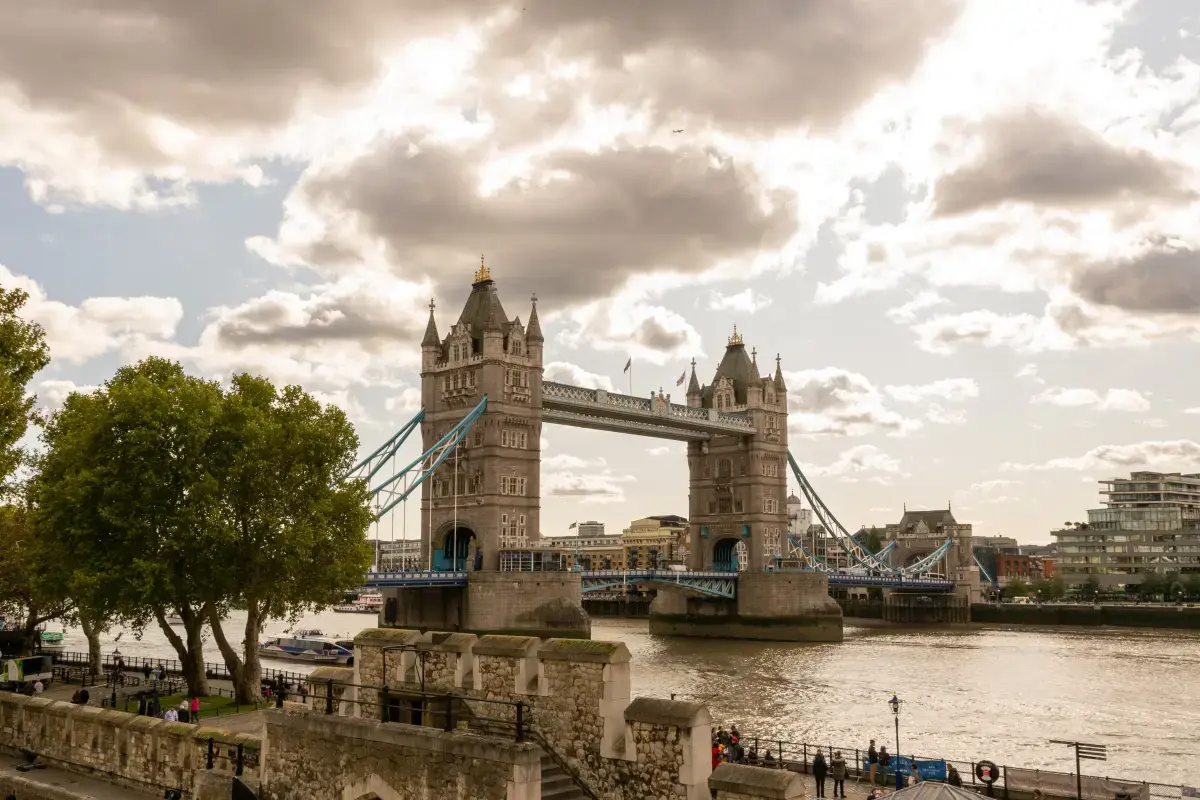
Where to Live in United Kingdom
The most densely populated areas of the UK are London and its surrounding counties, including Essex, Kent and Middlesex. The majority of jobs in the UK are also located in this area. London is home to the UKs largest and most influential financial, technological, legal and media sectors, as well as some of the most iconic tourist locations in the world, such as Buckingham Palace, Big Ben and the Tower of London. This part of the UK attracts a huge number of visitors and businesses during their stay, making it one of the most popular destinations in the world. The Greater London area is home to a vast range of industries, including finance and banking, media, technology (especially digital) and arts and culture. Many of the largest companies in the world have their headquarters in the Greater London area, including banks like Barclays and HSBC, and technology giants Microsoft, IBM and Oracle. In addition to London, the other major cities and towns of the UK are also home to highly populated and job-rich regions. For example, Birmingham is home to the Cadburys chocolate factory, and Manchester is a major hub for manufacturing and media. Similarly, other major cities such as Leeds, Liverpool and Bristol have high levels of employment opportunities with their business communities and the sectors that serve them. In line with the UKs modern economy, the majority of jobs are in the service sector. This includes retail, hospitality, leisure, healthcare and education, as well as financial services, professional services and digital businesses. Many of these jobs also require skills that are in short supply, meaning they offer high wages compared to other sectors. Overall, the UK is a prosperous and attractive place to live and work, with a range of highly populated areas packed with jobs. No matter where you live in the UK, chances are youll find plenty of work and a great lifestyle.

Sports & Recreation in United Kingdom
Some of the most popular sports and recreational activities in the United Kingdom include football, cricket, rugby union, golf, tennis, cycling, motor racing, swimming and various watersports. Football is one of the most popular sports in the United Kingdom and is the national sport of England. The Football Association, the governing body of football in England, organizes the Premier League and FA Cup competitions, featuring some of the world’s best football clubs. The Rugby Football Union and Rugby Football League are the governing bodies of rugby in England and Wales respectively, while the 5,000 rugby clubs in England and Wales organize their own respective competitions. Cricket is another major sport in the United Kingdom and is the national team sport of England. The England and Wales Cricket Board is the governing body that organizes home and international matches, as well as the popular County Championship. Golf is one of the most popular recreational sports in the United Kingdom and there are estimated to be over 1.1 million active members of golf clubs across the country. Golf is also considered the fourth most popular team sport in the United Kingdom, with the Royal and Ancient Golf Club of St Andrews being the governing body for the sport in the UK. Tennis is another popular recreational sport in the United Kingdom and has been a regular Olympic sport since 1888. The Lawn Tennis Association is the governing body for tennis in the UK and organizes the Wimbledon Championships each year. Cycling is another popular recreational sport, with The Cyclists’ Touring Club (CTC) being the national cycling charity and the governing body of the sport. Formed in 1878, the CTC lobbies the government on cycling-related issues, works with local cycling groups across the country to promote safe cycling. Finally, swimming and various watersports are popular recreational sports in the United Kingdom and are overseen by the Amateur Swimming Association. The ASA organizes National Swimming Championships and races, as well as promoting swimming and water safety initiatives. There are also numerous private clubs and clubs affiliated with swimming clubs which organize their own events.
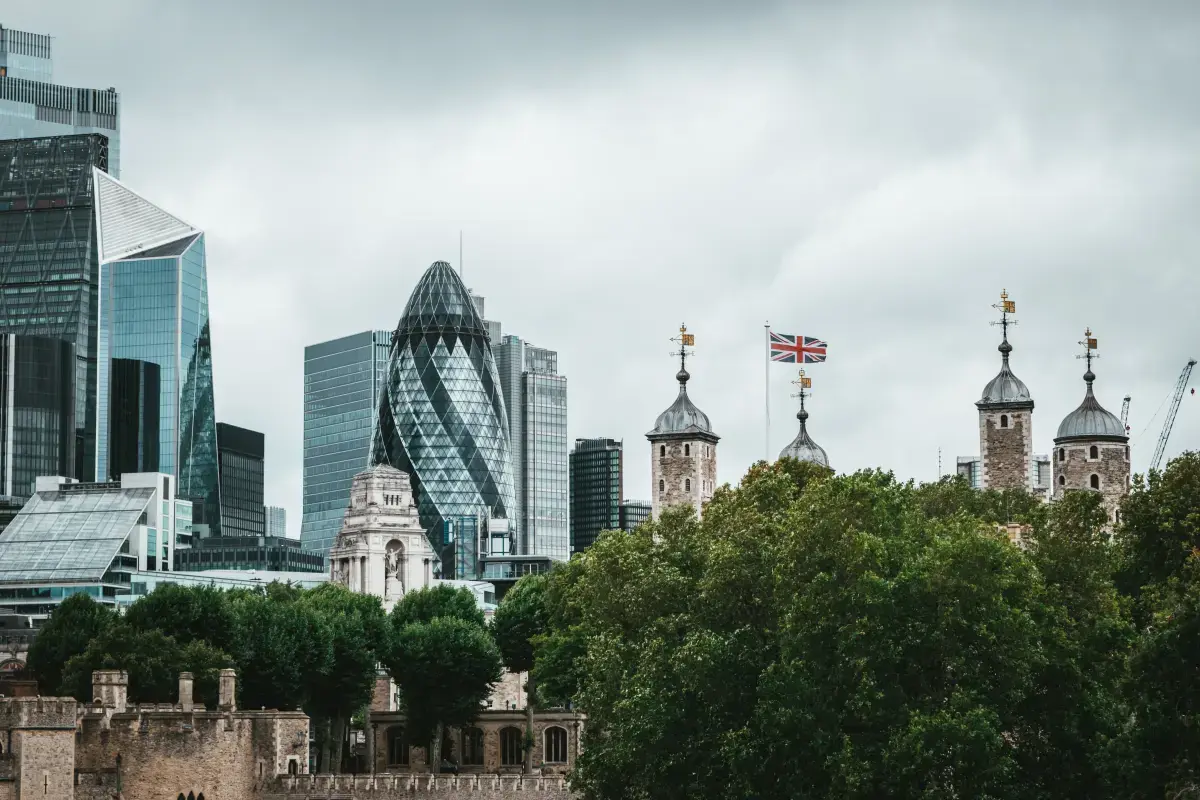
Cost of Living & Housing in United Kingdom
The cost of living and cost of housing in the UK can vary significantly depending on where you live. Generally, the cost of living in the UK is relatively high compared to other countries in Europe. For example, the cost of groceries, utilities, healthcare, and entertainment is higher than in many other countries. The cost of housing in the UK is also high, especially in the major cities such as London and Edinburgh. In London, the average cost of renting a one bedroom apartment is about £1,500 per month, and buying a two bedroom flat can cost anywhere from £400,000 to well over £1 million. In addition, the cost of gas and electricity is higher than in many other European countries. In contrast to London, housing costs in other parts of the UK such as Scotland and Wales are generally much lower. In Scotland, the average rent for a one bedroom apartment is around £800 per month and the average cost of buying a two bedroom flat is around £200,000. In Wales, the average rent for a one bedroom apartment is about £500 per month and the average cost of buying a two bedroom flat is about £150,000. Overall, the cost of living and cost of housing in the UK are generally quite high compared to other countries in Europe, but vary significantly depending on where you live. Generally, prices for food, clothing, and housing in London tend to be much higher than in the rest of the UK. When looking at the cost of living, you should carefully consider the average wages in the area and how it compares to the monthly expenses. Generally, the cost of living in the UK has been rising in recent years due to inflation. The main factors that contribute to the cost of living in the UK include rent and housing costs, the cost of food and meals, the cost of transportation, and the cost of utilities such as gas, electricity and water. Rent and housing costs vary significantly across the UK, with rents in London averaging around £1,871 per month according to the NLA. In comparison, the average monthly rent for a two-bedroom flat in the east of England is £724. The cost of food and meals also varies depending on where you live. On average, groceries in the UK can cost up to £50 per person, per week. Eating out at a restaurant can cost anywhere from £10 to £50 per person depending on the restaurant. When it comes to transportation costs, the cost of public transport monthly passes vary significantly across UK cities. In London, a monthly pass can cost up to £175, whereas in Bristol a monthly pass costs around £51. Lastly, the cost of utilities generally depend on the energy provider and the type of energy plan you choose. Generally, bills for electricity, gas, and water cost upwards of £100 per month. Overall, the cost of living in the UK is variable and depends heavily on where you live, however the cost of living has been on the rise in recent years.

Finding a Job in United Kingdom from Overseas as a Foreigner?
Use our Job hunting & job seeking guide to help your job searching easier.
For our Job Hunters Guide to Finding a Job in United Kingdom

The Best Rated Top 20 Recruitment Agencies in United Kingdom
When searching for a Job from Overseas, reaching out to established Recruitment Agencies can help in your Job Search in United Kingdom

What are the Best job boards in United Kingdom
Jobseekers searching for jobs in United Kingdom find the below job portals in in United Kingdom as the best job websites for finding employment in in United Kingdom
For more information about the best job boards in United Kingdom
Best International Removals Companies to/from United Kingdom
When the move to United Kingdom gets closer, finding local and international removals companies that suit your requirements are critical. Find a list of the best companies Near You.

Expat info about living in
Don't just take our word for it.
Use the Best Forums in United Kingdom to obtain all the independent advise about moving, living & working in United Kingdom

Immigration Advice and Visa InformationUK
Need assistance with obtaining the correct Visas and Work Permits in United Kingdom.
- Get expert advice to make the move to United Kingdom as easy as possible

Find Trusted Local Home Services
When you arrive, understanding the Best Local Services to help with your odd jobs and tasks around the home is essential.

Best Areas to Live in United Kingdom
Popular towns, cities and regions that are proving popular with migrants moving to United Kingdom
Study and Higher Education in United Kingdom
Search our list of all universities in United Kingdom to help your reach your educational goals.
- Find the Best University in United Kingdom that suits your needs

Featured Locations
Frequently Asked Questions
- Construction
- Business Analysis
- Web & App Development
- Animation
- Nursing
- Teaching
- Engineering
- Marketing
- Plumbing
- Carpentry
- Software Engineer
- Data Analyst
- Hospitality Staff
- Builders
- Full-time
- Part-time
- Permanent
- Freelance
- Gig Jobs
- Contract
- Weekend work
- Out of Hours
- Night shift
- Casual
- Temporary
- Remote
- Work From Home
- Work From Anywhere
- Telecommuting
- Flexible
See here for more Help & Support questions

